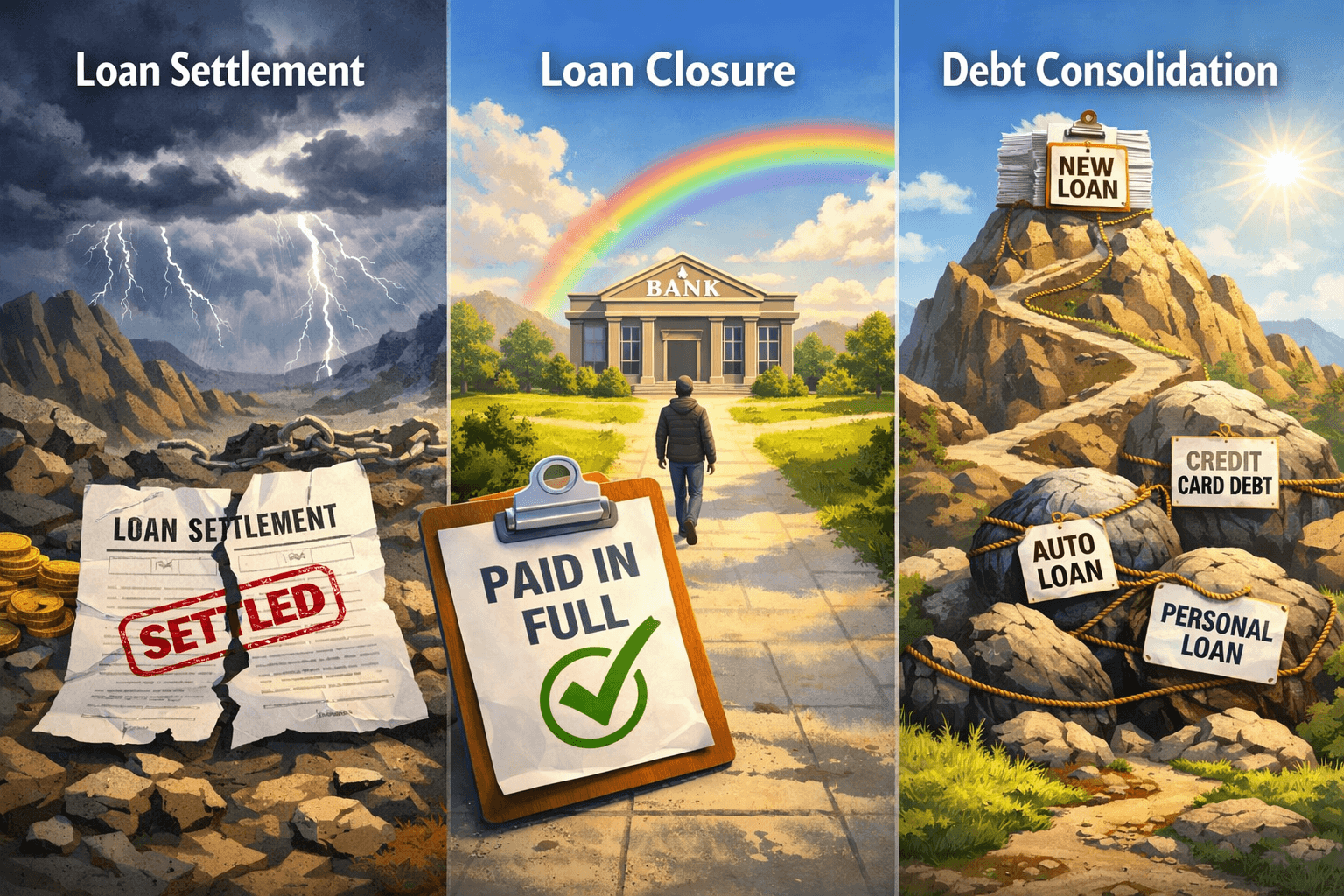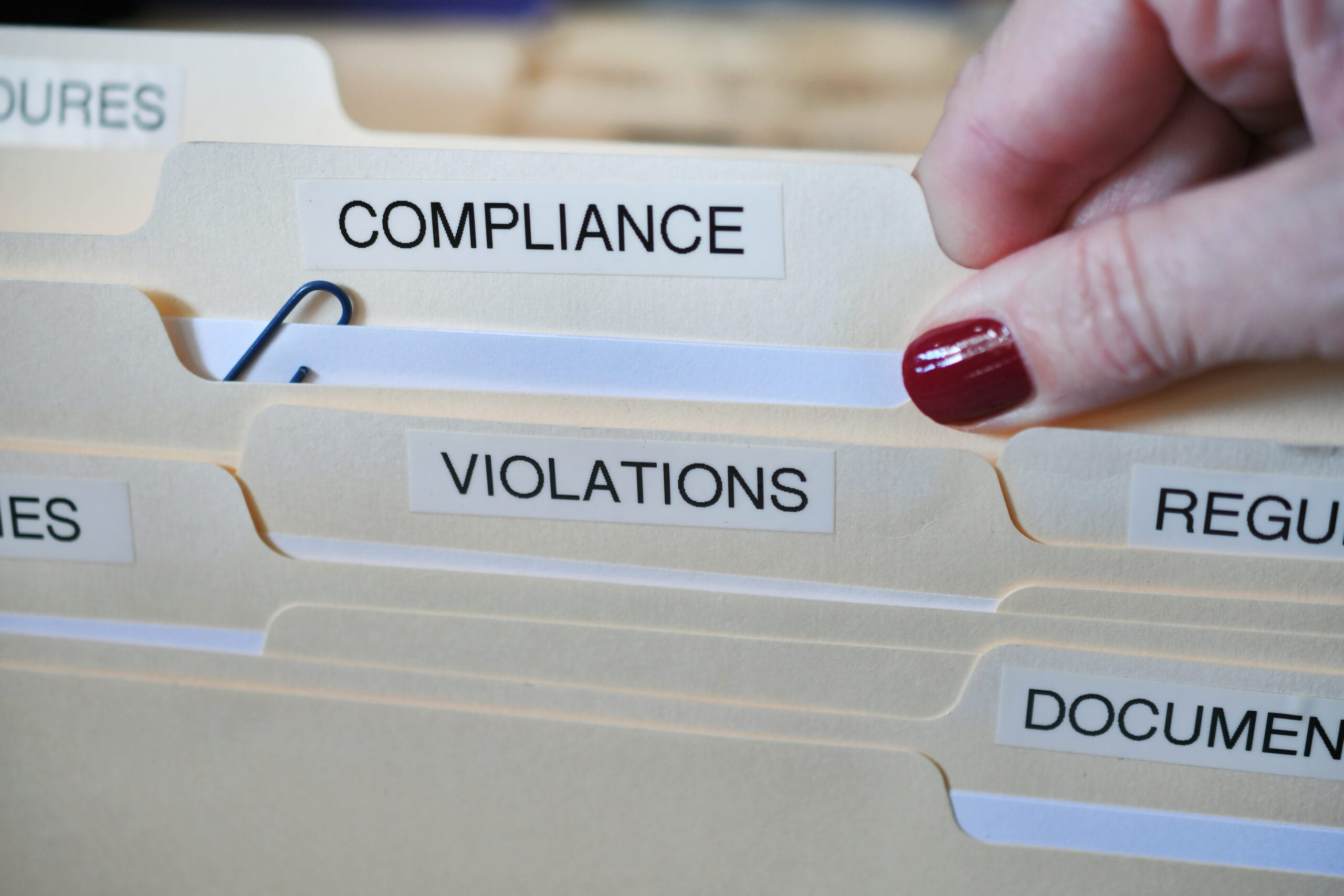
Hey there! If you’ve ever lost sleep over nagging loan calls or wondered if those late-night ads screaming “SETTLE YOUR LOAN NOW!” are legit, you’re not alone. Grab your chai (or coffee, I don’t judge)… we’re about to dig deep into the real deal behind unsecured and secured loan settlements as of 2025.
The Basics: Unsecured vs. Secured – What’s That Mean, Anyway?
Alright, quick recap for my fellow non-bankers:
- Unsecured Loans: No collateral. Think personal loans, credit cards, sometimes medical or wedding loans. You promise to pay, but there’s no gold, home, or car at risk if you don’t.
- Secured Loans: Here, you pledge something. House, car, even that tractor if you’re farming. The bank gets to grab that asset if you skip out.
So, when you can’t pay back – can you settle either type? Let’s tackle this with some honesty, a pinch of optimism, and a side of real talk.
Can You Really Settle Unsecured Loans?
In short: Yes, it happens a LOT. But… there’s a BUT.
Why? Unsecured loans are risky for lenders. If you’re neck-deep in missed EMIs, and they’ve already tried the “Sir, please pay…” WhatsApps, they may eventually prefer something over nothing.
How does this normally play out?
- Negotiation Time: After 6+ months of missed payments and relentless reminders, you (or a good settlement agency/lawyer) sits down with the lender.
- Show What’s Up: Prove genuine hardship (job loss, medical mess, anything real). No fake sob stories – lenders have heard them all!
- Offer a Lump Sum: “Hey, I can pay ₹75,000 on this ₹1.4 lakh loan if you’re willing to call it quits.” Lenders may accept, usually ranging from 30–70% of what’s owed – the closer you can get to their number, the better.
- Get It in Writing: Never, ever settle by phone or handshake alone. Always get a settlement letter (and stash it where you keep your Aadhar card—seriously, it’s that important).
- Credit Score Tank: Heads up… your CIBIL report will reflect this as “settled”, not “closed”. That’s a mark future lenders love to hate—expect your score to drop.
Pro tip: Sure, you can stop creditor calls and possible legal mess with settlement. BUT, don’t expect an easy ride next time you want a home loan or car loan – your credit history is going to wear that “settled” scar for up to 7 years!
When Should You Settle Unsecured Loans?
- You’ve defaulted for over 6 months.
- Recovery agents are starting to feel like frenemies.
- Absolutely no way to pay in full – even if you skip Netflix and Maggi for a year.
And please, try everything else first – restructuring, moratorium, odd jobs… Settling should be the last resort.
Secured Loans – Can You Settle These Too? Well…
This is where things get spicey. Secured loans—think home loans, auto loans—are, well, secured. Banks don’t like letting you off easy here, since they can sell your house or car to recover the loan.
What Does Settlement Mean for Secured Loans?
Technically, yes, you can settle. But…
- The bank first tries to recover the asset (sell your pledged home/car – yikes).
- If that sale doesn’t cover the entire loan (or isn’t practical, maybe due to legal hurdles or market slumps), then they might consider a settlement for the shortfall.
- Settlement negotiations here are closely tied to the value of your collateral. If your house is worth more than the loan, don’t expect much sympathy.
It’s not as clean or common as with unsecured loans, but if you’re in dire straits—and the lender thinks chasing you through court will take years and cost a bomb—they might strike a deal. Heavy paperwork, lawyers, and management approvals all come into play.
Oh, and guess what? Your CIBIL will still take a knock. Plus, if you wanted to buy your next house soon… get ready for extra scrutiny.
A Real-Life Example (Let’s Get Personal)
A friend of mine—let’s call him Ravi—lost his job last year (tough times, buddy!). Defaulted on his personal loan, got calls that ranged from polite to “I’m sending my cousin to your house!” He tried negotiating, and after lots of back-and-forth, the lender agreed to a settlement offer maybe half his overdue amount. Credit score tanked (ouch!), but he slept way better at night.
His cousin, though, had a car loan (secured). The bank took the car when payments stopped. The settlement chat? Only happened after auctioning the vehicle for a loss.
My Two Cents: Should You Go for Settlement?
Honestly, I hope you never need to. But if life throws you curveballs—job loss, a crazy hospital bill, whatever—settlement can give you breathing room. Just know what you’re trading: short-term relief for long-term credit pain.
Top tips before you jump in:
- Always get legal or financial advice (it’s worth every rupee).
- Never trust a “guaranteed settlement” ad—scams are everywhere.
- Get everything in writing!
- Don’t hide from lenders—open, honest talk works better than WhatsApp block.
And for heaven’s sake, don’t worry—you’re definitely not alone. This stuff happens more than you’d believe.
Final Thoughts (And a Pep Talk)
If you’re staring at scary loan balances, give yourself some credit for facing it head-on. There are options—just know the pros, cons, and calling your bank doesn’t mean you’ve lost. Sometimes, it’s just the start of your comeback story!
Now go refill that chai, hang in there, and remember: while loans can be a drag, they don’t have to drag you down forever.
Want more tips or a pep talk on your loan situation? Hop over to truesettle.in – we’re always rooting for you!






